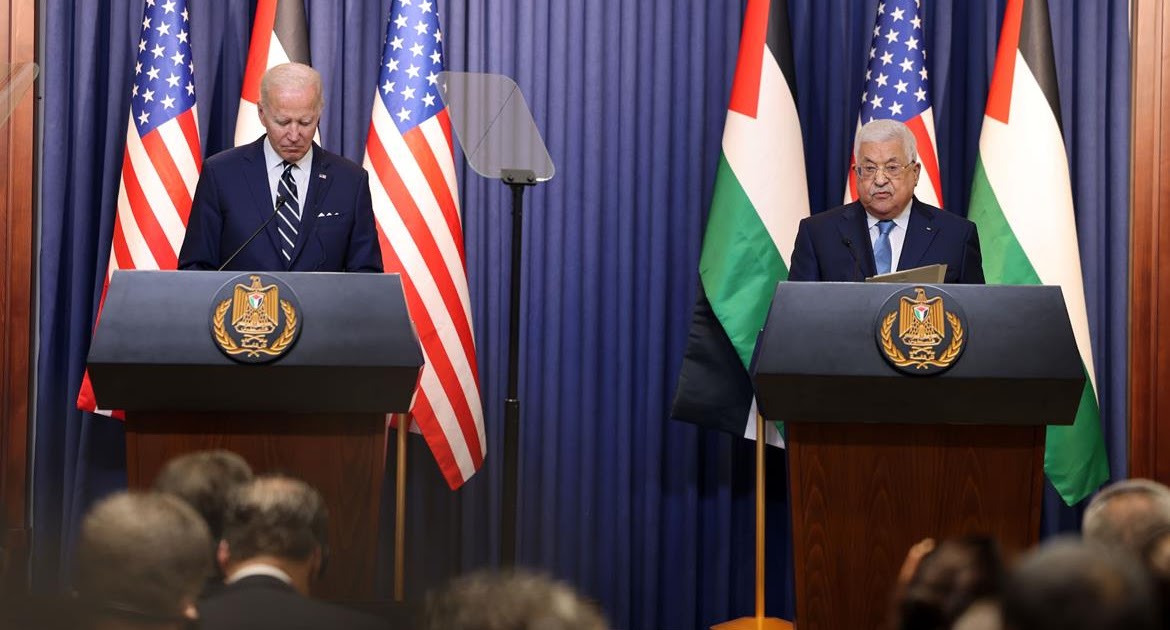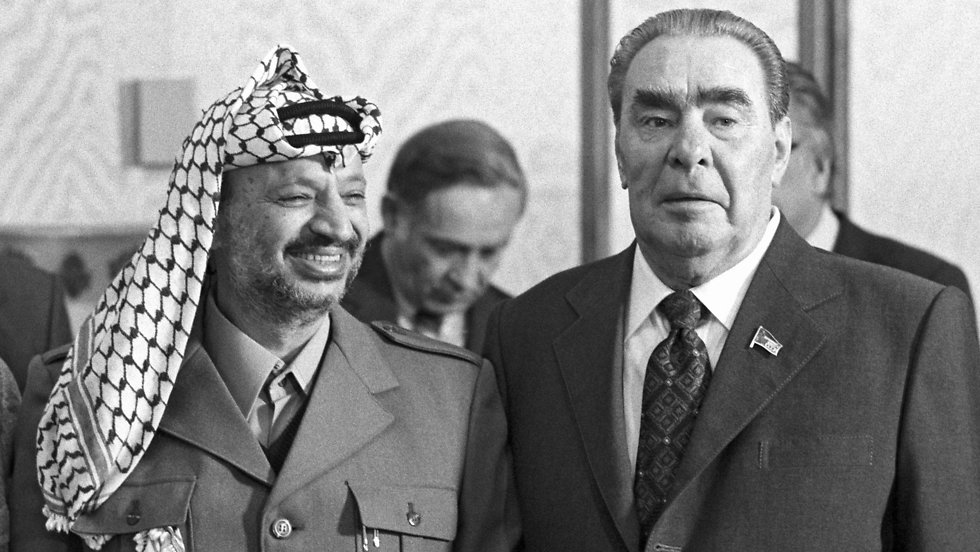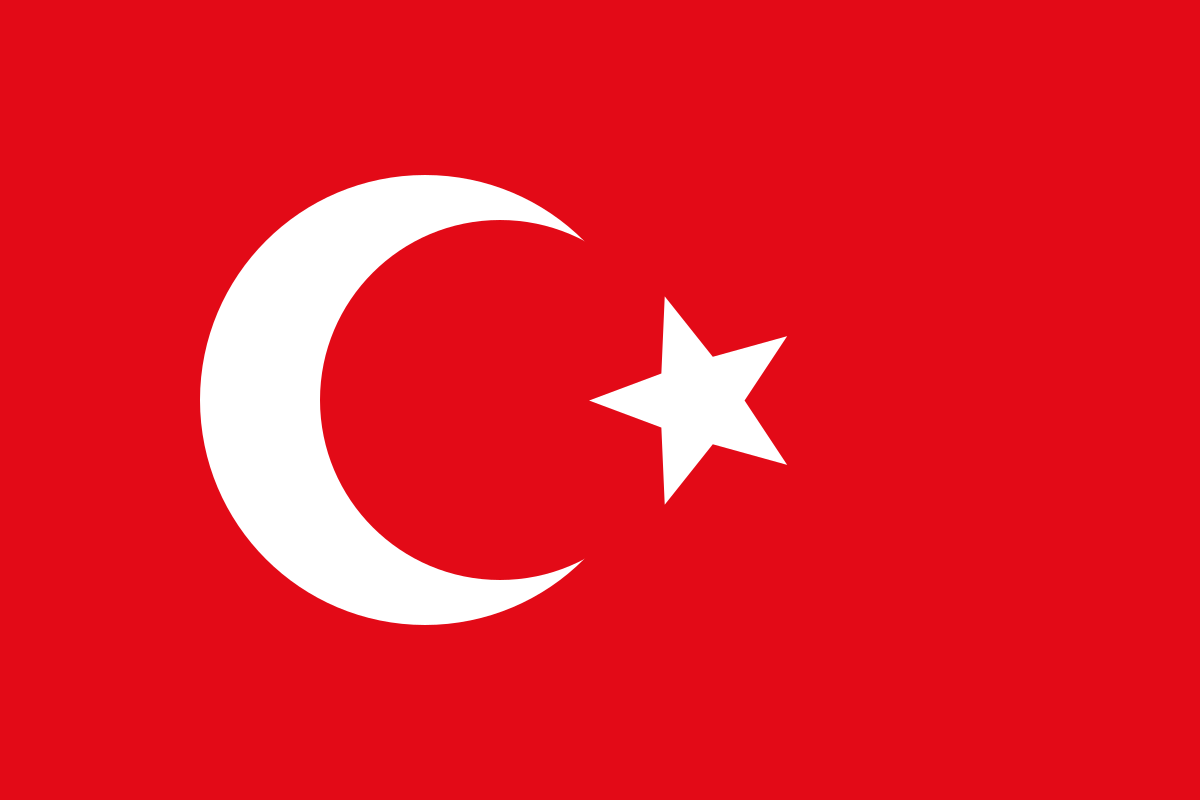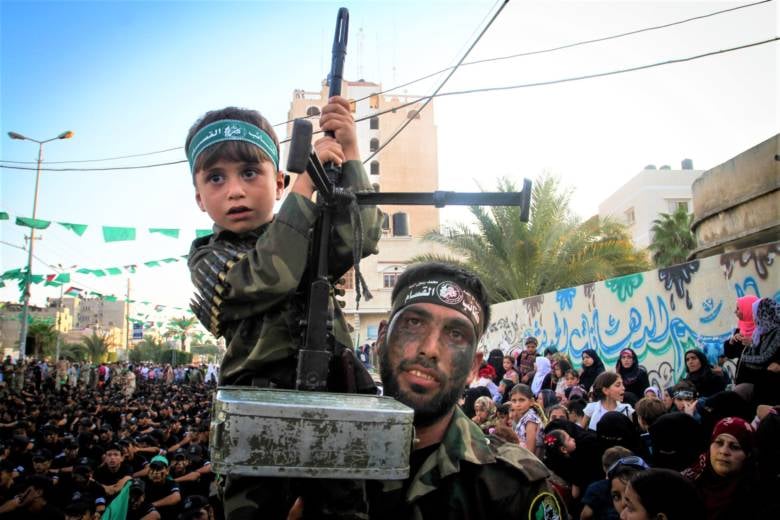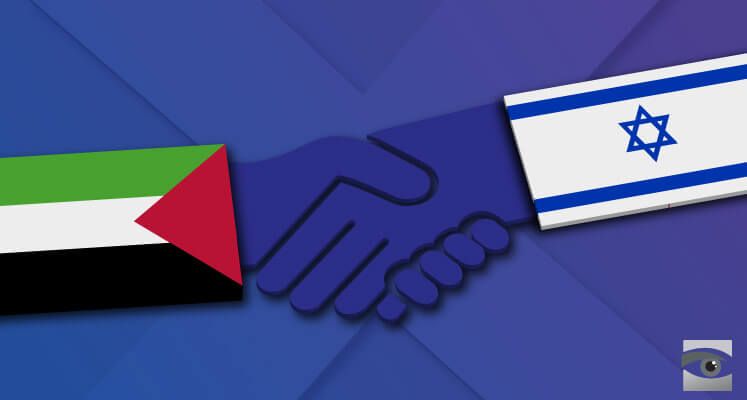Sixties Fan
Diamond Member
- Mar 6, 2017
- 62,768
- 11,774
- 2,140
I do not know if there was a " Who are the Palestinians 1" , as # 2 was definitely NOT about Who They Are, as the first post shows.
So, let us continue with our number "III", #2 has too many pages already, to discuss who those who call themselves Palestinians are, what their history, ideologies, dreams, goals, motives, etc are.
Are the leaders of the Palestinians actually working for a Palestinian State?
Are the leaders of the Palestinians actually taking care of their People?
Are the leaders of the Palestinians educating their populations for a future peace with Israel?
What is the difference in lifestyle between the Palestinians in Gaza and the PA ?
What is the difference in lifestyle between the poor and the rich in both places?
Does one have to belong to a certain clan in order to have a better life?
Does one have to be pro Hamas or the PA in order to have a better life?
Are all who live in Gaza and the PA civilians?
Do all Palestinians approve of their leaders?
What does the common Palestinian want?
Do Palestinians care if they work in Gaza or the PA, or are they willing to work in Israel, as they did before the Intifada?
How does the common Palestinian actually feel about Israel? Will they work there, seek health care or education in Israel if they can?
What is the role of UNWRA in the education of these populations? What do they teach? Are they involved with any other refugees?
What is the role of UNWRA, period, as there are fewer and fewer refugees from the 1948 war. Will there be a time when it could be dismantled?
So, many questions, and there are many more.
All the questions and answers do come out in the news, daily.
Now, discuss.
So, let us continue with our number "III", #2 has too many pages already, to discuss who those who call themselves Palestinians are, what their history, ideologies, dreams, goals, motives, etc are.
Are the leaders of the Palestinians actually working for a Palestinian State?
Are the leaders of the Palestinians actually taking care of their People?
Are the leaders of the Palestinians educating their populations for a future peace with Israel?
What is the difference in lifestyle between the Palestinians in Gaza and the PA ?
What is the difference in lifestyle between the poor and the rich in both places?
Does one have to belong to a certain clan in order to have a better life?
Does one have to be pro Hamas or the PA in order to have a better life?
Are all who live in Gaza and the PA civilians?
Do all Palestinians approve of their leaders?
What does the common Palestinian want?
Do Palestinians care if they work in Gaza or the PA, or are they willing to work in Israel, as they did before the Intifada?
How does the common Palestinian actually feel about Israel? Will they work there, seek health care or education in Israel if they can?
What is the role of UNWRA in the education of these populations? What do they teach? Are they involved with any other refugees?
What is the role of UNWRA, period, as there are fewer and fewer refugees from the 1948 war. Will there be a time when it could be dismantled?
So, many questions, and there are many more.
All the questions and answers do come out in the news, daily.
Now, discuss.
